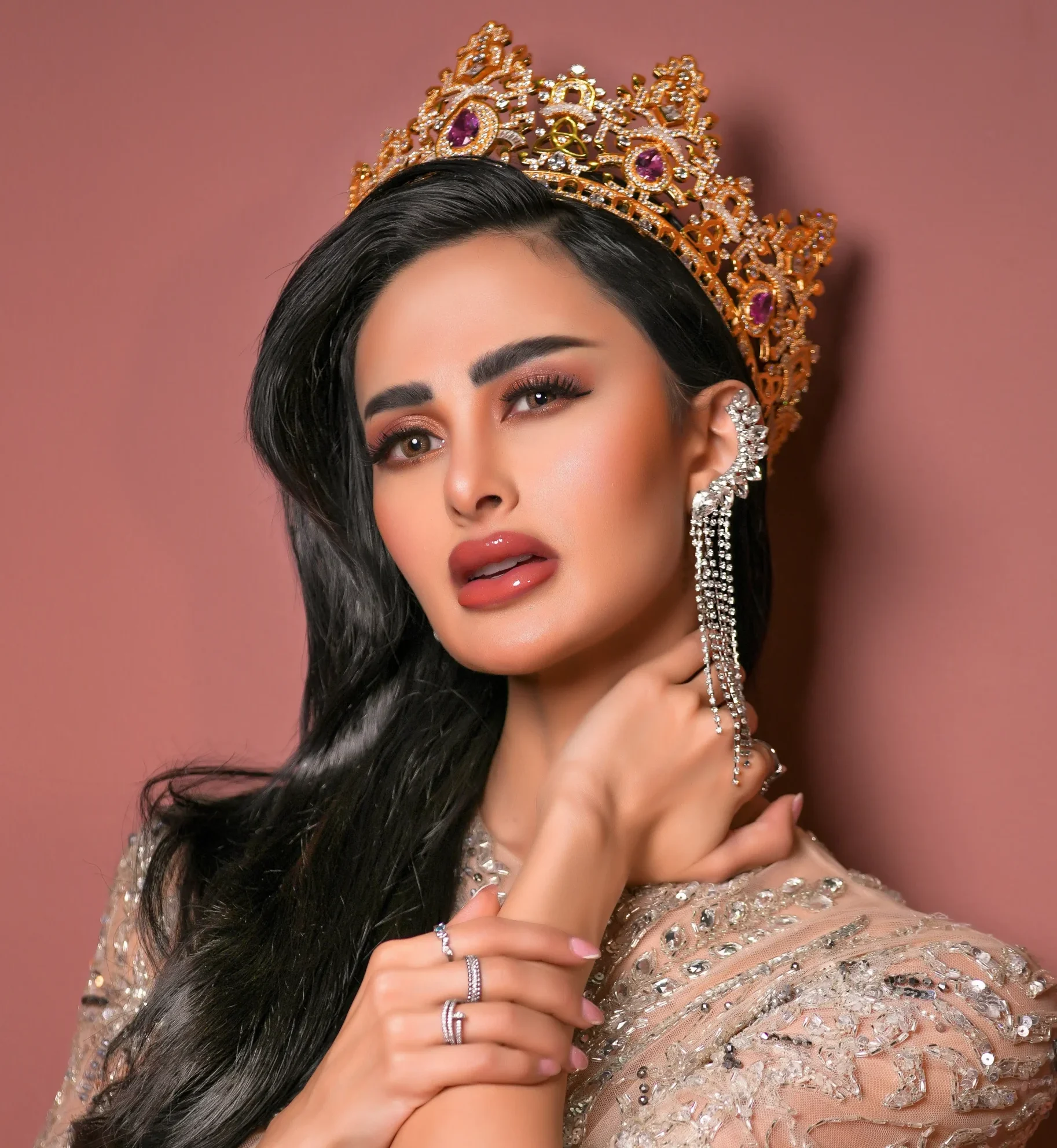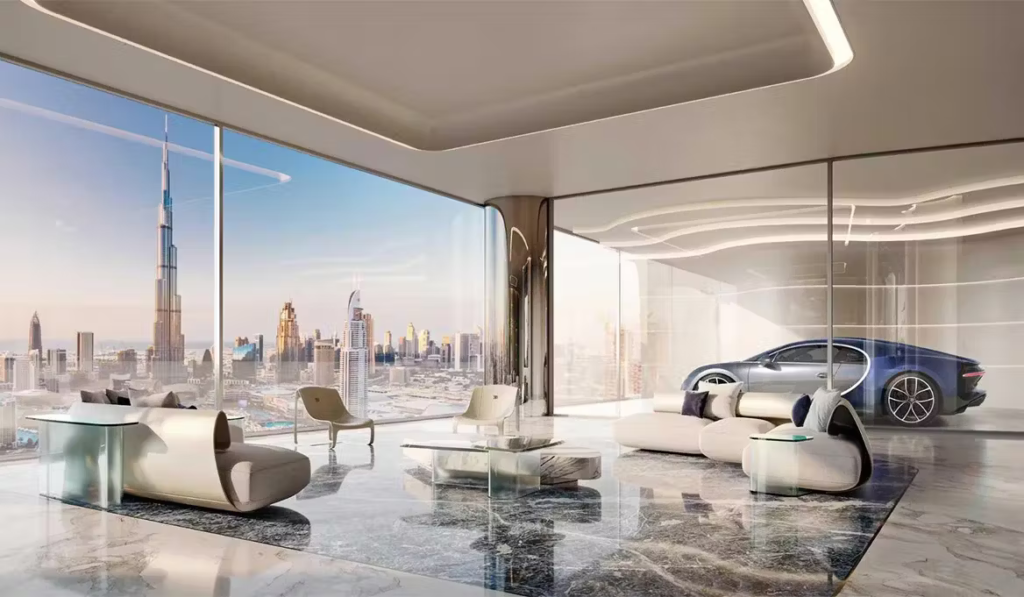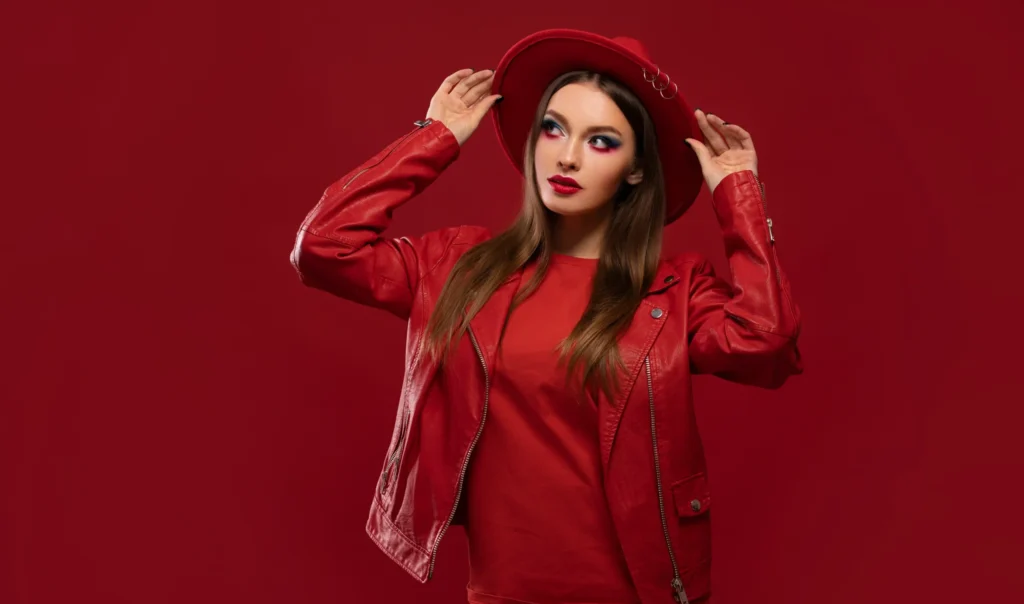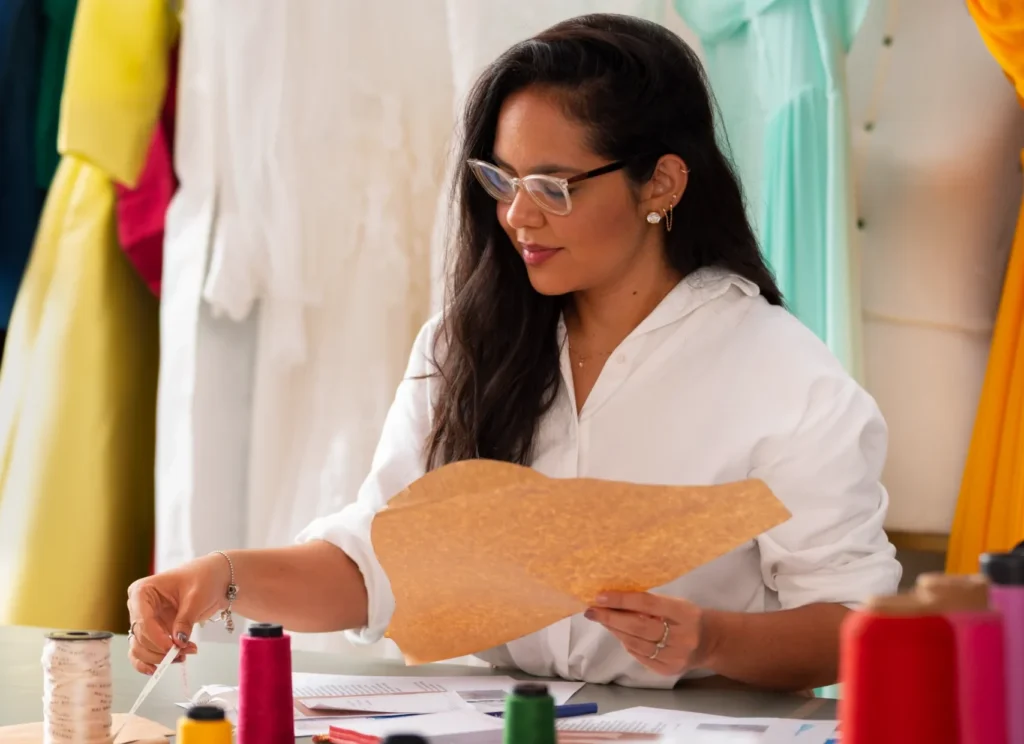Dr. Mahra Lutfi
The Transformational Journey From Conflict to Cure
By Michelle Clark


From the hushed corridors of regenerative medicine labs to the global stage of diplomacy and beauty, Dr. Mahra is a woman who defies definitions. A healer by training, an ambassador by mission, and an icon by grace, she carries within her the resolve of a survivor and the vision of a builder.
“I was born into conflict,” she says. “But I chose to become a source of healing.”
What follows is not the story of titles , but of transformation.
Born in Iraq and raised amid the echoes of war, Dr. Mahra’s earliest memories are of instability and separation. Her family fled the shadows of political unrest, seeking refuge and hope across borders. “The pain of displacement leaves more than a physical scar,” she reflects. “It reshapes how you see yourself, how you connect with the world.”
This early exposure to human fragility sparked a calling that transcended personal ambition. Medicine wasn’t just a profession , it was a pathway to restoration. She began her academic journey in the U.S., where she trained in regenerative medicine, an emerging field at the intersection of biology, innovation, and care.
“Stem cell therapy is not about chasing futuristic science,” she explains. “It’s about using what we already have within us , our cells, our capacity , to repair, regenerate, and restore.”
Dr. Mahra is now the first board-certified Emirati physician in regenerative medicine and among a handful of Arab women leading the charge in this advanced specialty. Her current mission is the development of the UAE’s first comprehensive stem cell therapy hospital, a vision rooted not only in scientific excellence, but in access and equity.
“This hospital isn’t just for the privileged,” she says. “It’s for the grandmother with osteoarthritis. For the burn survivor. For the child with a rare disorder. We want to remove the barrier of geography from hope.”
But her path has never followed a singular line.
In 2023, she made international headlines by winning Miss Planet International , a global pageant that places emphasis on humanitarian impact. As the first Emirati woman to hold such a title, the win carried both symbolism and substance. “I didn’t enter the pageant to be seen,” she notes. “I entered to give visibility to the causes I care about, climate action, refugee support, and women’s health.”
The pageant stage became a platform, not a pedestal. Wearing the crown gave her entry into spaces where she could advocate for regenerative medicine funding, push for greater female representation in STEM, and speak to youth across underserved communities. “In some rooms, a lab coat opens doors. In others, a sash does. I learned to carry both with responsibility.”
Social media became her third space. Dr. Mahra has cultivated a digital presence that merges vulnerability with vision. Her posts are less about perfection and more about purpose , glimpses into medical missions, policy talks, and her own quiet battles with mental health and identity.
“People follow authenticity,” she says. “And they can tell when someone is hiding behind curated filters. I choose to show up with truth , whether I’m tired after surgery or excited about speaking at the UN.”
Indeed, as a UN Ambassador for Stem Cell Research, Dr. Mahra has helped shape international guidelines around ethical research, patient consent, and inclusion in clinical trials. Her voice has become particularly vital in advocating for underserved populations , especially refugees and women , who are often excluded from innovation pipelines.
“We can’t afford to have a future in which only the wealthy benefit from scientific progress,” she argues. “Dignity must be the starting point of every breakthrough.”
Beyond her professional reach, Dr. Mahra’s philanthropic work speaks volumes. She funds regenerative care for trauma survivors, partners with NGOs for cross-border medical outreach, and sponsors girls pursuing degrees in biotechnology and medicine.
“Impact isn’t what you post,” she says. “It’s the quiet ripple of someone walking again. Of a young woman entering a lab she never thought she belonged in.”
Her efforts are anchored by a deep connection to the UAE , the nation she now calls home. “The UAE gave me more than shelter. It gave me a chance to lead, to serve, to belong,” she says. “Here, tradition and progress walk hand in hand. It’s where a woman can be both fierce and feminine, both ambitious and anchored.”
That identity , as a modern Emirati woman who holds space for contradictions , is something she fiercely protects and proudly shares. “I’m Arab, I’m Muslim, I’m a scientist, I’m an advocate. I’m not meant to fit into a single frame , and I want other girls to know they don’t have to either.”
Her legacy, she says, isn’t about applause. It’s about permission.
“I want girls to know they can be more than one thing. That they can build hospitals and speak on world stages. That they don’t have to choose between intellect and beauty, faith and freedom, care and courage.”
As she continues her work , in labs, at podiums, across continents , Dr. Mahra’s message is one of synthesis. Her life is not a series of chapters, but a symphony where every note is intentional: the healer, the refugee, the queen, the builder. Each part made stronger because of the other.
And when asked what still drives her, she pauses. Then offers:
“There’s still so much pain in the world. And where there’s pain, there’s room for healing. That’s where I’ll be.”



